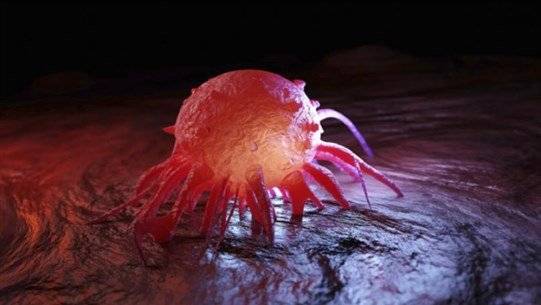Early detection of cancer can make a significant difference in a patient’s chance of recovery and survival, as well as in preventing disease progression. However, for some rare types of cancer, it might be difficult to know what to look for. Soft tissue tumors are considered a group of "rare" cancers found in the tissues that connect, support, and surround other structures and organs in the body. Consequently, the affected parts of the body typically include fat, muscles, blood vessels, deep skin tissues, tendons, and ligaments. This means that soft tissue tumors can grow in almost any part of your anatomy. Like all types of cancer, potential treatments will depend on the individual and the stage of the cancer. Radiation therapy and chemotherapy are options; however, if detected early, adequate surgery is the most common method to remove soft tissue tumors.
According to the NHS, soft tissue tumors often do not have "clear" symptoms in the early stages. However, signs will become noticeable if they spread. The service has advised people to be cautious of "a painless lump that cannot be easily moved and increases in size over time." This occurs due to swelling under the skin. Swelling in the abdomen may lead to abdominal pain, a constant feeling of fullness, and constipation. Swelling near the lungs can cause coughing or shortness of breath. It is not exactly known what causes soft tissue tumors, but there are several factors that can increase the risk of developing them. These include certain genetic conditions, such as neurofibromatosis type 1 and retinoblastoma, prior radiation therapy, and exposure to certain chemicals, including vinyl chloride, dioxins, and phenoxy herbicides.




